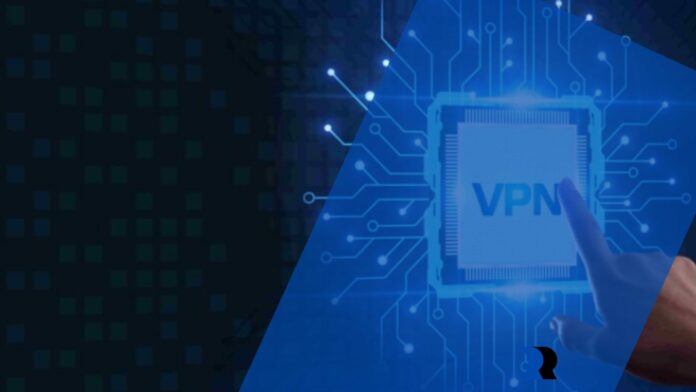Cyber-attacks have urged for the need of cyber security and this need has escalated with time. Now is the right time to take some action to prevent cyber intruders from entering your system, hack it, and make use of your personal information for their nasty objectives.
As technology has been assisting us with our daily chores so is this technology helping cybercriminals in their cyber-attacks in a more sophisticated way. The vulnerability of end-user data is increasing day by day and this has to end. VPNs seem to be the only practical solution to prevent vulnerable data from getting leaked.
For a variety of VPNs, explore the available VPN range from bestvpn.co and get an idea about these technological revolutions. VPN diversity is intense and one should be fully aware of their role in determining cyber security checks. To get answers to these and many other VPN-related queries, the article below has just got what you need, so keep reading!
What is a VPN?
Several times we have been asked what a VPN is! A VPN is a virtual private network that is capable of providing an encrypted data connection between the network and your server. This link protects your identity and even at times when the probability of data interception is maximum, the user end data remains secured.
How Can a VPN Help Protect Business Data from Cyber Attacks?
When it comes to business data, VPNs have become the need of the hour. These provide an additional layer of security ensuring that all data that is transmitted between the company server and the network remains protected.
As a VPN help protect business data, they have been acting as firewalls in terms of blocking malicious requests from penetrating the private system. With the end-to-end encryption services and security of remote working, the business data through a VPN connection remains safe and secure.
These VPNs have therefore proven to be helpful and successful in creating a secure environment for remote workers in the digital time where cyber threats are on the rise.
What does a VPN do to Protect from a Cyber Attack?
So far, you must have identified VPNs to be an invaluable tool in protecting data centers from cyber-attacks. But the question arises how does a VPN do that? A VPN acts as a gateway when the transmission of data occurs between your device and the internet server. It receives all the data that is being sent from your device and sends it to the server in an encrypted form.
The key to reading this encoded data is only with the VPNs and therefore any third party is reluctant to access the coded information. Thus ensuring the user end data remains protected through a subsequent safeguarding shield against cyber threats like snoopers, malware, and ransomware.
To prevent getting stuck into VPN confusion, secure a VPN connection that is reliable and reliable and must exhibit high-end security protocols to maintain your privacy at all times.
What are the Benefits of VPN usage for the e-Security of Business Data?
VPNs have become the talk of the town as they suffice the need to secure business data from getting leaked into the hands of suspicious contacts. But what are the benefits of using a VPN when it comes to the e-security of business data?
· Better Security
Through encryption services, a VPN is known to provide the subsequent security layer during the transmission of data in and out of your device. Thus discouraging criminals from intercepting in between your connection.
· Anonymity
The encryption services provided by a VPN are quite beneficial for the business, such that your identity remains anonymous and at the end of the day, hackers and government agencies are unable to intervene in between.
· Affordable Solution
VPNs unlike any other solution are not only reliable but affordable and come with a host of exclusive features to provide you with an immersive experience.
What are Some of the Best Practices for VPN Implementation?
We have listed some of the best practices for your assistance;
· Choose the VPN that you find suitable for your needs. From budget affordability to bandwidth selection, a VPN should be a mirror image of your securing requirements
· The bigger the organization, the more VPN servers, routers, and hardware must be installed for uniform working and protection.

· Ensure that the authentication protocol has been correctly configured.
· You should consider adding two-factor authentication.
· Ensure to train your staff members for the correct usage of VPN servers.
· Set up security mechanisms for monitoring purposes.
· Aware of the staff with the emerging technology and their related cyber security threats.
· Activate firewalls as these strengthen the existing security protocols.
Securing Emails History through Guardian Digital EnGarde Cloud Email Security
Guardian Digital EnGarde Cloud Email Security is a cloud-based software that has been devised to maintain email security. It is an AI-automated system that makes use of an in-depth learning algorithm for the identification and eradication of malicious intent.
Conclusion
To conclude the blog, VPNs are the most practical, affordable, and reliable solution in combating cyber threats. It does this through encrypted data and helps obscure sensitive data from getting leaked or attacked. Not only do they improve security but contribute towards advancing compliance standards as per the industry regulations.

By understanding your needs and selecting the right type of VPN technology, you can relax knowing that your data is secured against cyber-attacks and your strategic goal will be easier to achieve.


